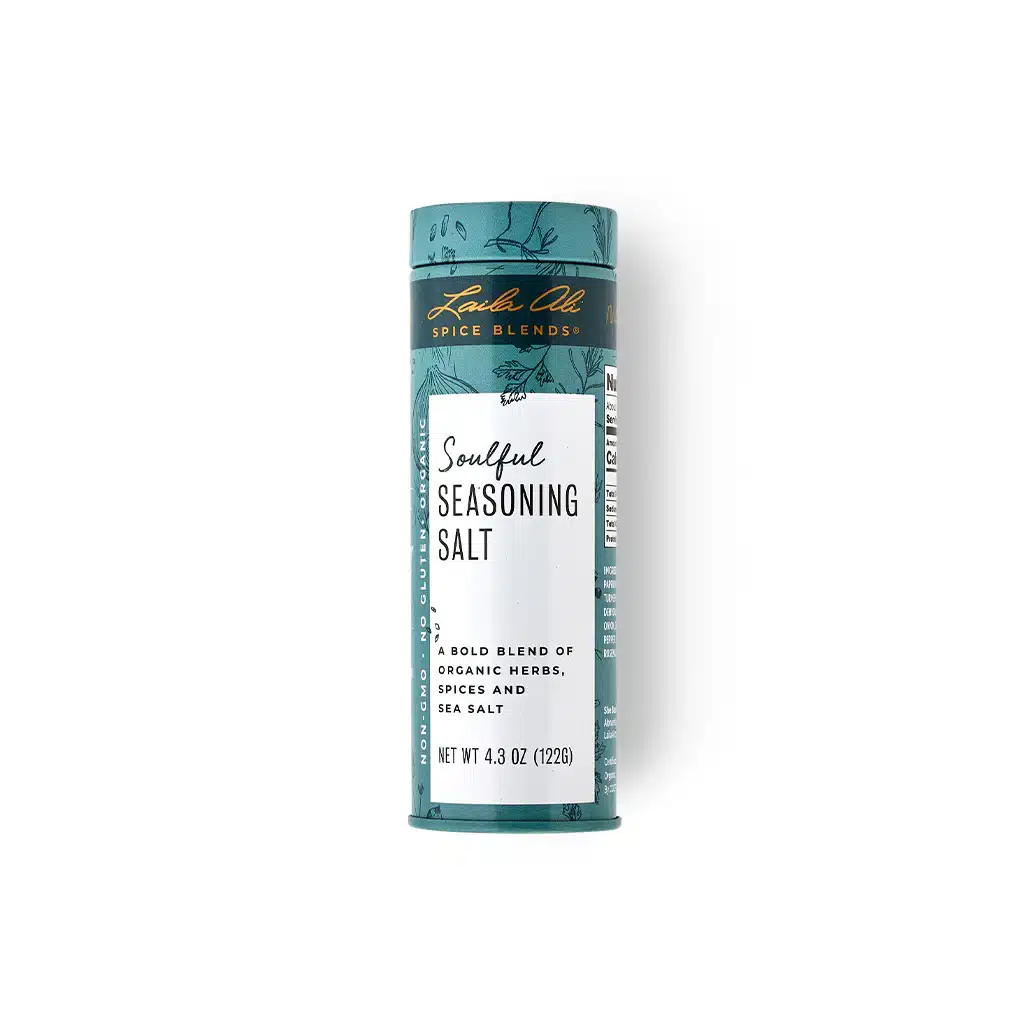Are you looking for a way to make healthier meals without sacrificing flavor? Sea salt may be your answer! Cooking with sea salt is becoming increasingly popular among health-conscious cooks. It doesn’t just add flavor to your food, but it also provides a wide range of health benefits. In this blog post, we’ll discuss the many benefits of using sea salt and why you should consider swapping your salt.
The Difference Between Sea Salt and Table Salt
When it comes to seasoning our food, many of us tend to reach for table salt, but did you know that there’s a healthier alternative to enhancing the flavor of your dishes? Sea salt is a natural alternative to table salt and is harvested from evaporated seawater. One of the main differences between the two is their mineral content.
While table salt is often stripped of its minerals during the refining process, sea salt retains its natural minerals. These essential minerals play a vital role in maintaining overall health, including:
- Strong bones
- Increased immunity
- Healthy muscle function
- Electrolyte balance
- Hydration
- Nerve function
So, the next time you’re in the kitchen, consider swapping your table salt for sea salt.
Sea Salt’s Essential Minerals
Sea salt is often hailed as the healthier alternative to table salt, and for good reason. It’s packed with essential minerals including magnesium, potassium, calcium, and iron. These minerals play a crucial role in maintaining good health.
- Magnesium is an important mineral that helps to regulate muscle and nerve function, supports healthy bone development, and aids in energy production.
- Potassium is essential for proper heart function and helps to regulate blood pressure.
- Calcium is important for healthy bones.
- Iron helps to transport oxygen throughout the body.
When cooking with sea salt, you’re not only adding flavor to your dishes, but also providing your body with these essential minerals. It’s important to note that even though it contains more minerals, it should be consumed in moderation. So, be mindful of how much you are using and try to balance it with other flavors and seasonings.
Sea Salt May Help Regulate Blood Pressure
High blood pressure is a common problem that affects many people worldwide. If you’re someone who is struggling with this issue, you may want to consider adding sea salt to your diet.
One of the reasons why sea salt is so beneficial for blood pressure is that it contains potassium and magnesium. Both of these minerals are crucial for regulating blood pressure levels in the body. Studies have shown that increasing your intake of these minerals can lead to a decrease in blood pressure levels, which in turn reduces the risk of developing heart disease and stroke.
Many sea salt blends contain lower amounts of sodium per serving compared to table salt, making it a healthier alternative for those looking to reduce their sodium intake. Sodium is an important mineral for the body, but too much of it can lead to increased blood pressure levels.
Cooking with sea salt is easy!
- Sprinkle it on roasted vegetables.
- Use it in marinades.
- Swap it for recipes that call for salt.
- Fresh grind it on finished dishes.
- Keep a grinder on your kitchen table.
- Add it to your favorite dishes for a touch of extra flavor.
Sea Salt Can Boost Immunity
Sea salt has been found to have immune-boosting properties that can help protect the body against harmful bacteria and viruses. This is due to the high antioxidant content found in the minerals it contains. Antioxidants play a vital role in the body’s immune response and help strengthen its defenses against pathogens.
Antioxidants also have anti-inflammatory properties that can help reduce inflammation in the body. Chronic inflammation is a leading cause of many health problems, including autoimmune disorders, heart disease, and cancer. By reducing inflammation, you may be able to prevent these diseases from occurring.
Cooking with sea salt can also boost immunity by promoting the production of white blood cells. These cells are the body’s frontline defense against infections and illnesses. In addition, sea salt can also enhance the activity of macrophages, which are specialized immune cells that can identify and eliminate harmful pathogens.
How Much Sea Salt Should You Consume?
Experts recommend limiting salt intake to no more than 2,300 milligrams per day, which is about one teaspoon. Be mindful, that salt isn’t just for flavor, but a natural preservative. So, it’s added in high concentrations to many processed and prepackaged foods. Even to packaged foods that market themselves as “healthy” and that don’t taste particularly salty.
So, read the labels of all packaged foods, as you are consuming more salt than what you are seasoning your foods with.
When cooking, be mindful that what you add is spread out per serving. Since most recipes don’t call for more than a teaspoon or two, it’s just a fraction of your daily intake.
Conclusion
Cooking with sea salt is an excellent way to add flavor to your dishes while also reaping the nutritional benefits of its essential minerals. Support moderation by adding it to dishes along with other herbs and spices!
Posted in Replenish Your Health and tagged Cooking with Sea Salt, Soulful Seasoning Salt
